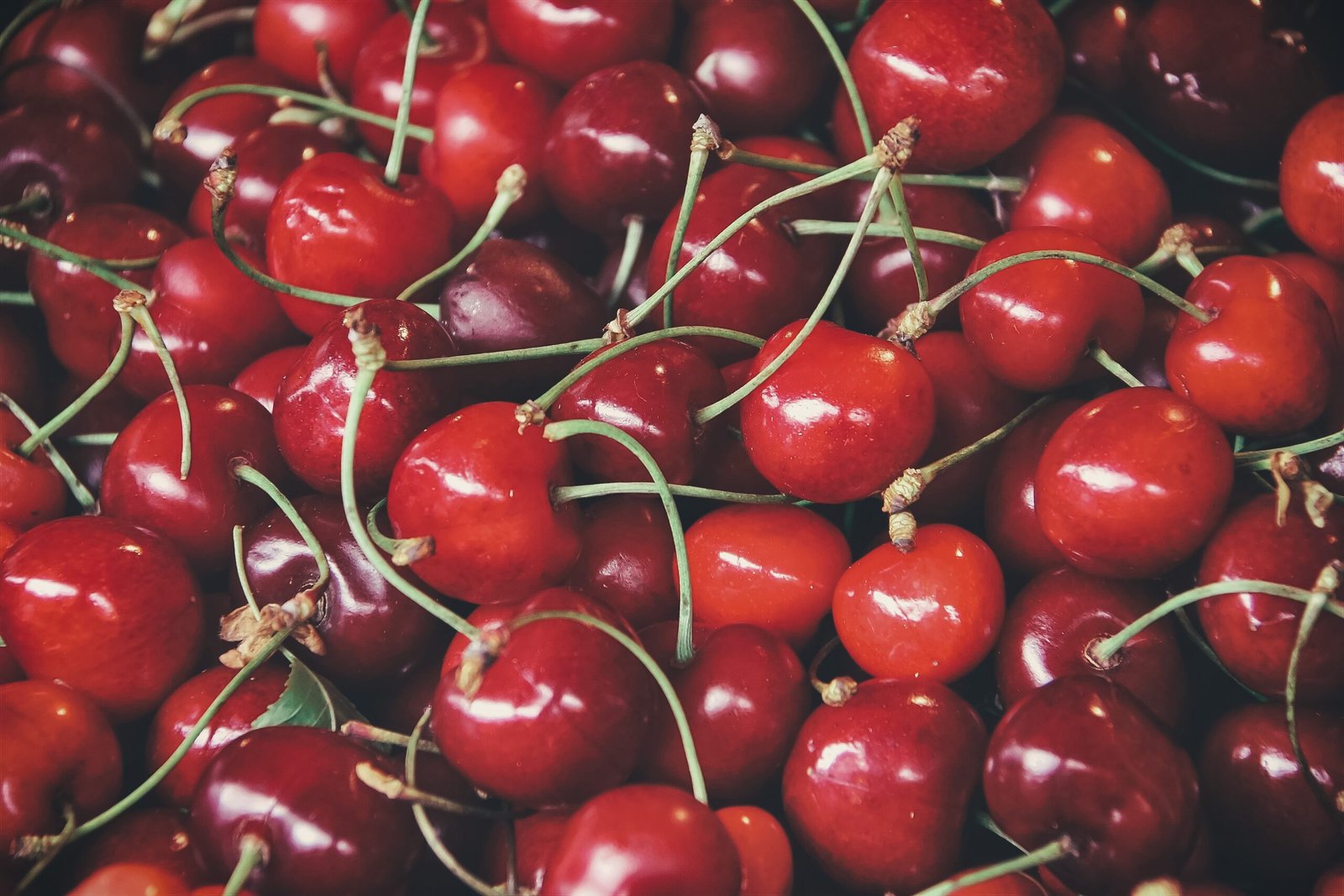
Introduction
Cherries, with their sweet and succulent taste, are a prized fruit enjoyed by many in the UK. However, one common frustration among cherry growers is the persistent issue of animals feasting on their precious harvest. From birds and squirrels to insects and larger mammals, various creatures are known to take a liking to these delectable fruits. In this article, we will explore effective strategies to stop animals from eating your cherries and ensure that you can savour the fruits of your labour.
1. Netting and Physical Barriers
One of the most reliable methods to protect your cherry trees from animal consumption is the use of netting and physical barriers. Bird netting, available in garden centres, is a fine mesh that can be draped over your cherry trees, forming an effective barrier against birds. Ensure the netting is securely fastened to prevent gaps where birds could slip through. Additionally, physical barriers such as mesh cages can be placed around individual clusters of cherries to safeguard them from both birds and larger animals like squirrels.

2. Scare Tactics
Scaring away animals with various methods can be surprisingly effective. Visual scare tactics, like reflective tape or aluminium foil strips tied to branches, create movements and reflections that deter birds and other animals. Wind chimes, pie tins, and even old CDs hanging from the branches can create noise and movement, serving as deterrents.

3. Predator Decoys
The presence of predator decoys can instil fear in animals, causing them to avoid the area. Placing lifelike owl or hawk decoys on branches or posts can discourage smaller creatures. However, it’s important to periodically move these decoys to prevent animals from realizing they are not actually a threat.

4. Homemade Repellents
Homemade repellents can be effective in deterring animals from consuming your cherries. Creating a mixture of water, soap, and cayenne pepper and spraying it on the cherries can make them unappealing to animals. Similarly, garlic and vinegar solutions can have a repellent effect due to their strong odours. Reapply these repellents after rain or as needed.

5. Commercial Repellents
Various commercial repellents are available in the market that specifically target animals prone to cherry consumption. These repellents are often formulated to mimic predator scents or use ingredients that animals find unpalatable. Read product labels carefully and follow instructions for safe and effective use.

6. Tree Pruning and Location
Pruning your cherry trees can make them less accessible to animals. Trim branches that hang close to structures or other trees, as these can provide convenient access points for animals. Additionally, consider the location of your cherry trees. Placing them away from overhanging branches, fences, or other structures that animals could use as launch points can help deter access.

7. Harvest Promptly
Harvesting your cherries promptly when they ripen can reduce the time window during which animals can feast on them. Regularly check your trees for ripe fruit and harvest them as soon as they are ready. This not only minimizes animal damage but also ensures the best quality cherries for your consumption.

8. Create Distractions
Providing alternative food sources for animals can help divert their attention away from your cherry trees. Planting bird-friendly shrubs or setting up bird feeders in another area of your garden can encourage animals to seek sustenance elsewhere.

9. Electric Fencing
For larger animals like deer, rabbits, or even larger birds, electric fencing can be a formidable deterrent. Properly installed electric fencing emits a mild shock that discourages animals from entering the protected area. It’s important to research and follow safety guidelines when installing and using electric fencing.

10. Companion Planting
Certain plants can help repel or distract animals that might be drawn to your cherry trees. For instance, marigolds, lavender, and garlic are known to have repellent properties for a range of pests. By strategically planting these around your cherry trees, you can create a barrier of scents that animals find unpleasant.

Conclusion
While preventing animals from eating your cherries in the UK might require a combination of strategies, the effort is well worth the reward of enjoying your homegrown harvest. By employing techniques such as netting, scare tactics, repellents, and mindful tree management, you can effectively protect your cherished cherries and relish the fruits of your gardening labour for years to come.

Leave a Reply